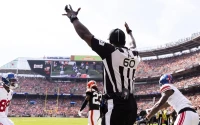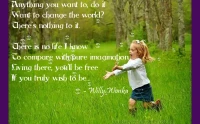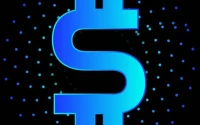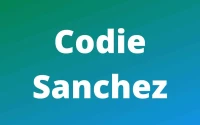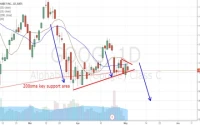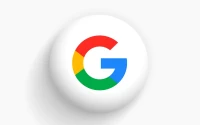Generated Title: Prediction Markets Aren't Just Bets; They're a Window Into the Future
Okay, folks, buckle up. I’ve been diving deep into something that's not just changing how we think about markets, but how we understand… well, everything. I'm talking about prediction markets like Kalshi and Polymarket. Now, I know what you might be thinking: "Dr. Thorne, isn't that just glorified gambling?" And sure, on the surface, you could use them to bet on who Taylor Swift invites to her wedding. But that's missing the forest for the trees.
The Wisdom of the Crowd, Quantified
These platforms aren’t just about placing bets; they're about harnessing the collective intelligence of… well, everyone. Imagine a global, real-time focus group where people put their money where their mouth is. Tarek Mansour, co-founder of Kalshi, puts it perfectly: you're "buying 'yes' and 'no' on whether something is going to happen or not." Think of it like this: traditional polling is like asking a room full of people what they think will happen. Prediction markets are like asking them to prove it. It's the difference between an opinion poll and a commitment.
And the results? Well, they’re frankly astonishing. The article mentions Kalshi called the 2024 election "well before the TV networks did." That's the power of collective prediction in action. It's not about individual genius; it's about the aggregated wisdom of the crowd, distilled and quantified. It’s like the early days of the internet – a chaotic, messy space that suddenly coalesces into something incredibly powerful.
Now, some folks, like Jonathan Cohen, author of "Losing Big," see this as a "gamblification" of American culture. He asks if we "have to gamble on politics. You have to make money on politics." But I see something different. I see a new form of social signal, a way to cut through the noise and get a clearer picture of what the future might hold. Instead of relying on polls or punditry, we can tap into the collective brainpower of thousands—or even millions—of people, all incentivized to be as accurate as possible.
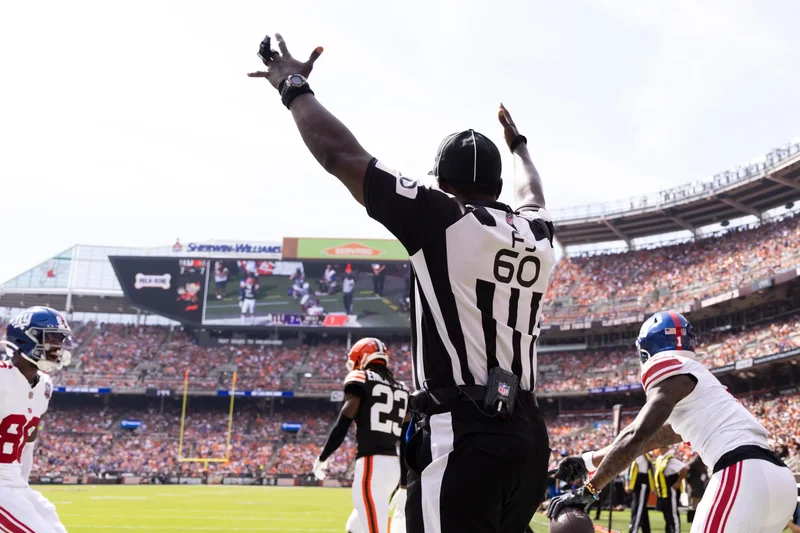
And it's not just about politics. The fact that the UFC, a major sports organization, is partnering with Polymarket to integrate prediction market odds into live broadcasts? That's huge. It's a sign that this technology is moving into the mainstream, becoming an integral part of how we experience and understand the world around us. UFC inks deal with prediction betting platform Polymarket Shayne Coplan, Polymarket's founder, captures it when he says you can "buy and sell, you can trade, just like a stock throughout the fight." It's real-time engagement, a new layer of interactivity that deepens the fan experience.
The possibilities are endless. Imagine using prediction markets to forecast everything from climate change impacts to the next big tech breakthrough. Imagine governments using these platforms to gauge public sentiment on policy decisions before they're made. It's a radical shift from top-down decision-making to a more participatory, data-driven approach. The speed of this is just staggering—it means the gap between today and tomorrow is closing faster than we can even comprehend.
Of course, there are ethical considerations. The article touches on concerns about insider trading and manipulation. Luana Lopes Lara assures us that Kalshi has "systems in place to monitor for any suspicious or unusual activity." And that's crucial. We need robust safeguards to ensure these markets remain fair and transparent. But the potential benefits are too significant to ignore. We have to ask ourselves, how do we harness this power responsibly?
One intriguing element is how even political figures are getting involved. Donald Trump Jr. is a strategic advisor to both Kalshi and Polymarket. It's easy to be cynical about this, but maybe it signals a growing recognition of the power and potential of these platforms, and the necessity to understand them, whatever your politics.
This Changes Everything
Prediction markets aren't just about betting; they're about collective intelligence, real-time insights, and a more democratic future. This is the kind of breakthrough that reminds me why I got into this field in the first place.


